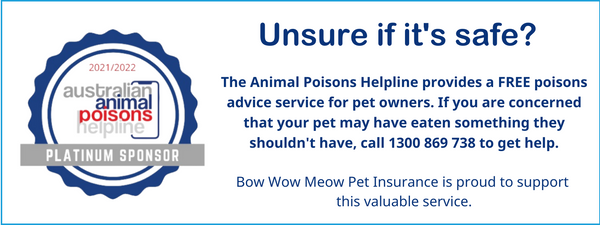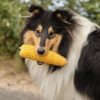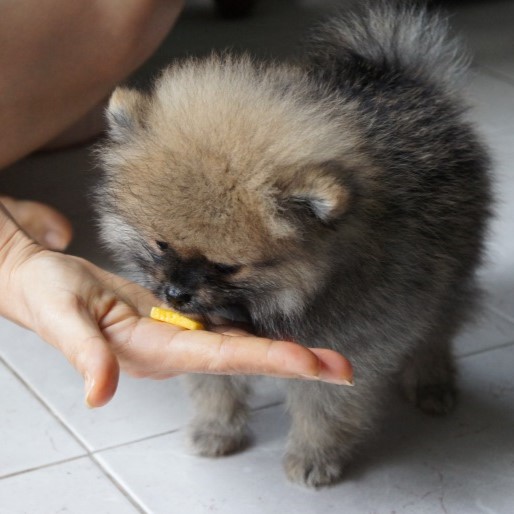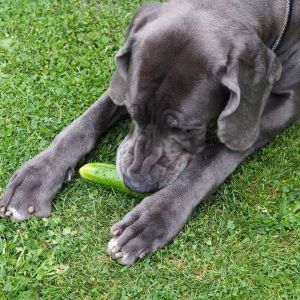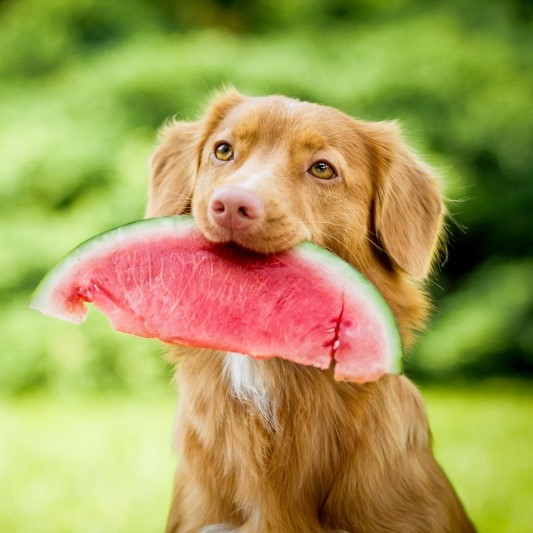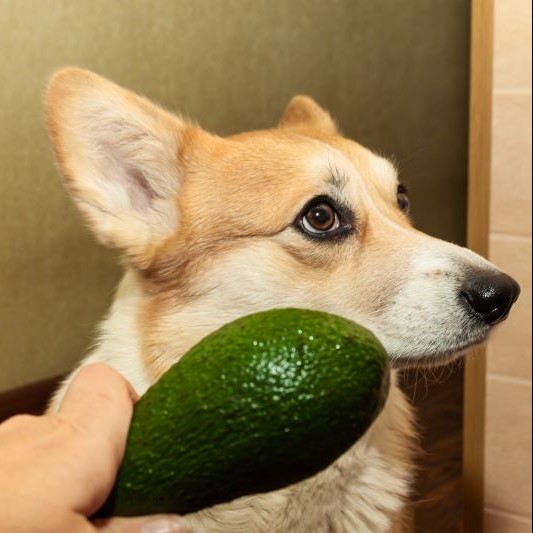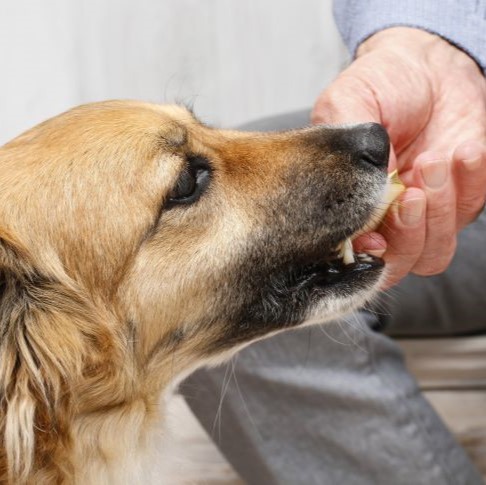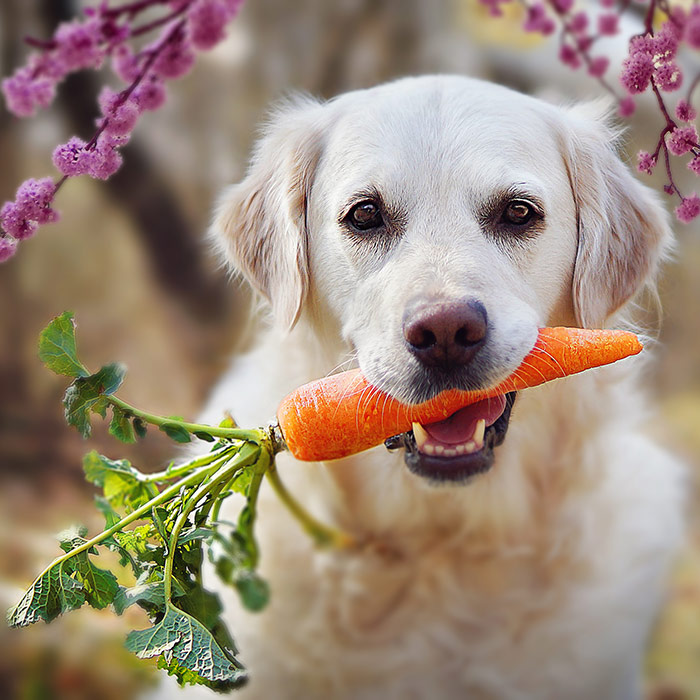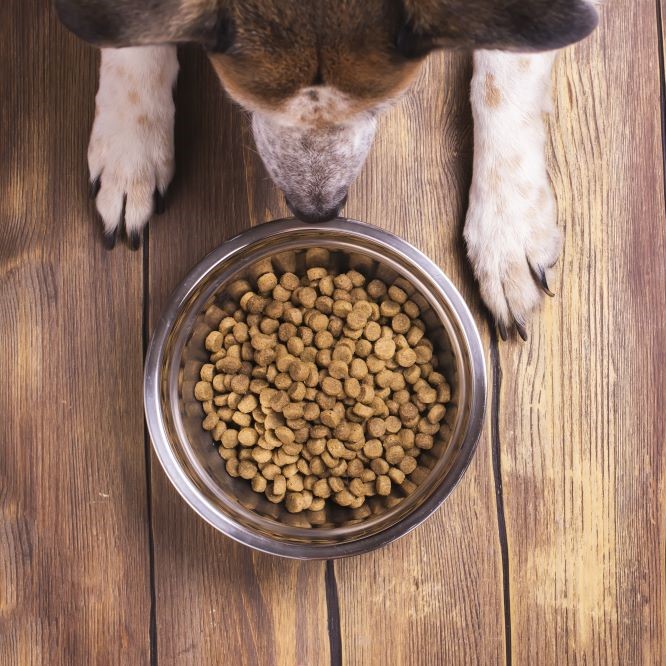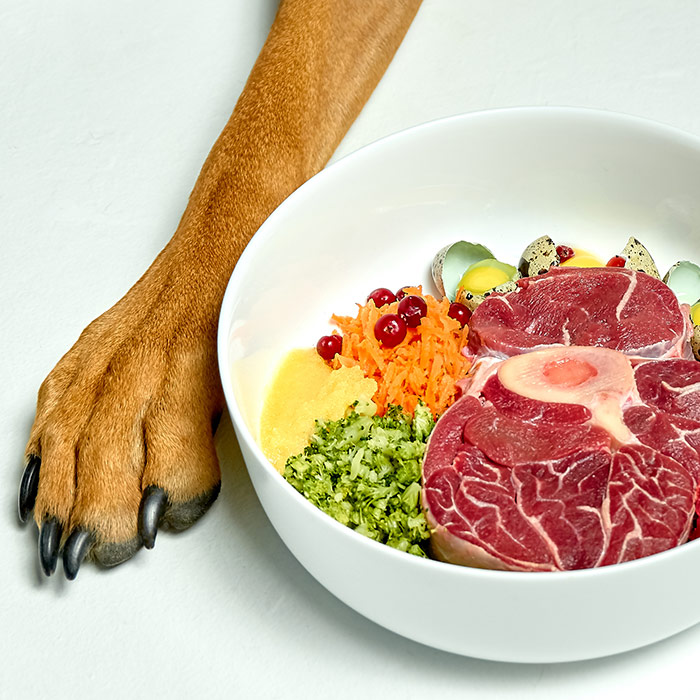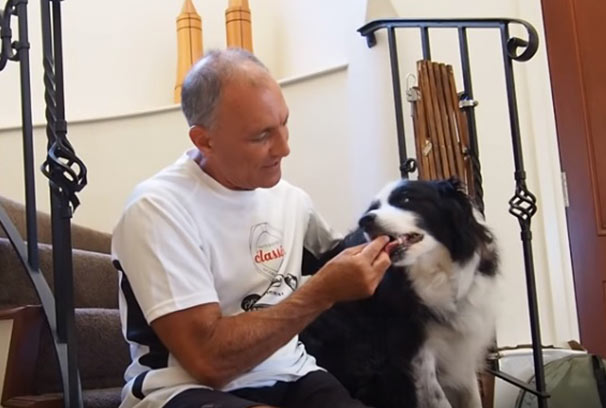Can dogs eat mushrooms? Everything you need to know
Can dogs eat mushrooms?
Dogs should not eat wild mushrooms. Australia is home to a huge variety of mushroom species, of which a small number are known to be poisonous. Because reliable identification by the majority of people is difficult, all wild mushrooms should be regarded as potentially life-threatening.
The Animal Poisons Helpline was recently involved in the cases of two dogs that became critically ill after ingesting highly toxic wild mushrooms. Sadly, one of the dogs had to be put down because of the severe effects of the toxins that were released from the mushrooms.
These cases highlight the importance of being hyper-vigilant whenever your pets have access to or are being walked in areas where mushrooms are growing. Be sure to remove any mushrooms that pop up in your backyard before your pet has a chance to eat them, and keep your dogs on a leash whilst walking them in places where mushrooms grow in the wild.
Are mushrooms good for dogs?
Wild mushrooms are not safe for dogs. This is because there is a chance that your dog could suffer poisoning as a result of eating certain types of wild mushroom.
Store-bought, farmed mushrooms that are safe for humans are considered to be safe for dogs, when eaten in small amounts. These include:
- White button
- Shiitake
- Oyster
- Portobello
- Champignon
Don’t panic if your dog gobbles up a slice of one of these mushrooms that you’ve accidently dropped on the floor.
However, dogs do not need mushrooms in their diet, so it’s best to avoid feeding your dog mushrooms, including any leftovers that contain them.
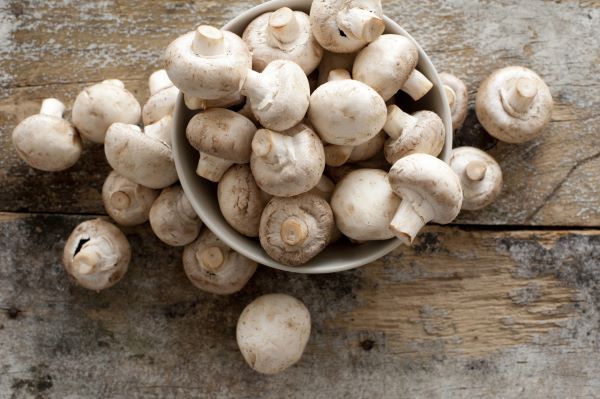
Can mushrooms kill a dog?
Eating certain types of mushroom can be life-threatening for dogs, even in small amounts. Mushrooms such as Amanita phalloides, commonly known as the ‘death cap’, can result in fatality after the ingestion of just a tiny portion.
Because most people are unable to distinguish between different species of wild mushroom, all ingestions of wild mushrooms should be treated extremely seriously.
If you regularly have mushrooms popping up in your yard, the Helpline offers a mushroom identification service. Once a mushroom has been identified, their poisons information specialists can let you know if the mushroom is a danger to your pet and, if so, the anticipated effects.
Signs of mushroom ingestion
Mushroom ingestion can cause no symptoms, or a gastroenteritis-like syndrome, or a range of symptoms depending on the species and toxin involved.
Symptoms may occur within 30 minutes to 24 hours after ingestion depending on the type and amount of poisonous mushroom consumed.
Poisonous wild mushrooms can cause:
- Vomiting and/or nausea
- Diarrhoea
- Stomach pain / cramps
- Hallucinations
- Agitation
- Seizures
- Liver/ kidney failure
- Death
The risks of dogs eating mushrooms
Ingestion of toxic mushrooms can cause a range of health issues, including digestive upset, liver damage, neurological symptoms, and even death.
Clinical signs can be delayed several hours or even days after ingestion. In many cases there is no specific antidote, and treatment is focused on minimising the absorption of the toxins and managing any complications that may arise.
To ensure your dog’s safety, it’s best to avoid wild mushrooms altogether unless you’re an expert in mushroom identification. If you’re ever unsure about whether a particular mushroom is safe, it’s best to err on the side of caution and keep your dog well away.
What to do if your dog eats mushroom (wild or of unknown type)
- Immediately contact the Australian Animal Poisons Helpline on 1300 869 738 for advice.
- Or immediately contact your vet clinic or nearest emergency vet clinic.
More information
“Can dogs eat…?” series
Bow Wow Meow Pet Insurance can help protect you and your dog should an unexpected trip to the vet occur.
-
Find out more about our dog insurance options
-
Get an online pet insurance quote




